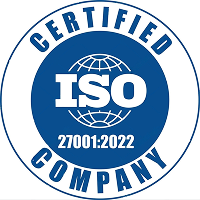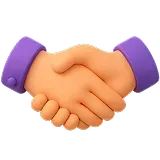Top Technical Content Writer for Hire
Post your requirements and get you work done!Hire Freelance Technical Content Writer





Similar to Technical Writer
How it Works?
Happy Customers





"Why Refrens?"
Frequently Asked Questions (FAQ)
Once you post a requirement, we will share expert profiles and portfolio who are best suited for your job. You can go through them and choose the one best suited for your requirement.
We do our screening and ensure we share reliable & verified profiles- but incase if you have any apprehensions related to a freelancer we have an escrow system in place to safeguard the interests of both parties.
Not necessarily. You can choose to pay directly as well. In case you have any apprehensions, the Escrow system can be used to safeguard.
In case for some reason it does not work out with the initial few profiles, we can share more expert profiles within 24hrs. In case if you go ahead with someone from your own network, that’s fine as well.
No, it is not mandatory. You can submit a requirement without the budget as well. However, with a budget, the requirement becomes more clear and we know about your expectations in more detail.
Most in demand freelancers on Refrens
- Cloud Accounting Software
- |
- AI Accounting Agent
- |
- GST Billing Software
- |
- e-Way Bill Software
- |
- e-Invoicing Software
- |
- Invoicing Software
- |
- Quotation Software
- |
- Lead Management Software
- |
- Sales CRM
- |
- Lead to Quote Software
- |
- Expense Management Software
- |
- Invoicing API
- |
- Online Invoice Generator
- |
- Quotation Generator
- |
- Quote and Invoice Software
- |
- Pipeline Management Software
- |
- Invoicing Software for Freelancers
- |
- Indiamart CRM Integration
- |
- Billing Software for Professional Services
- |
- Invoicing Software for Consultants
- |
- Inventory Management Software












